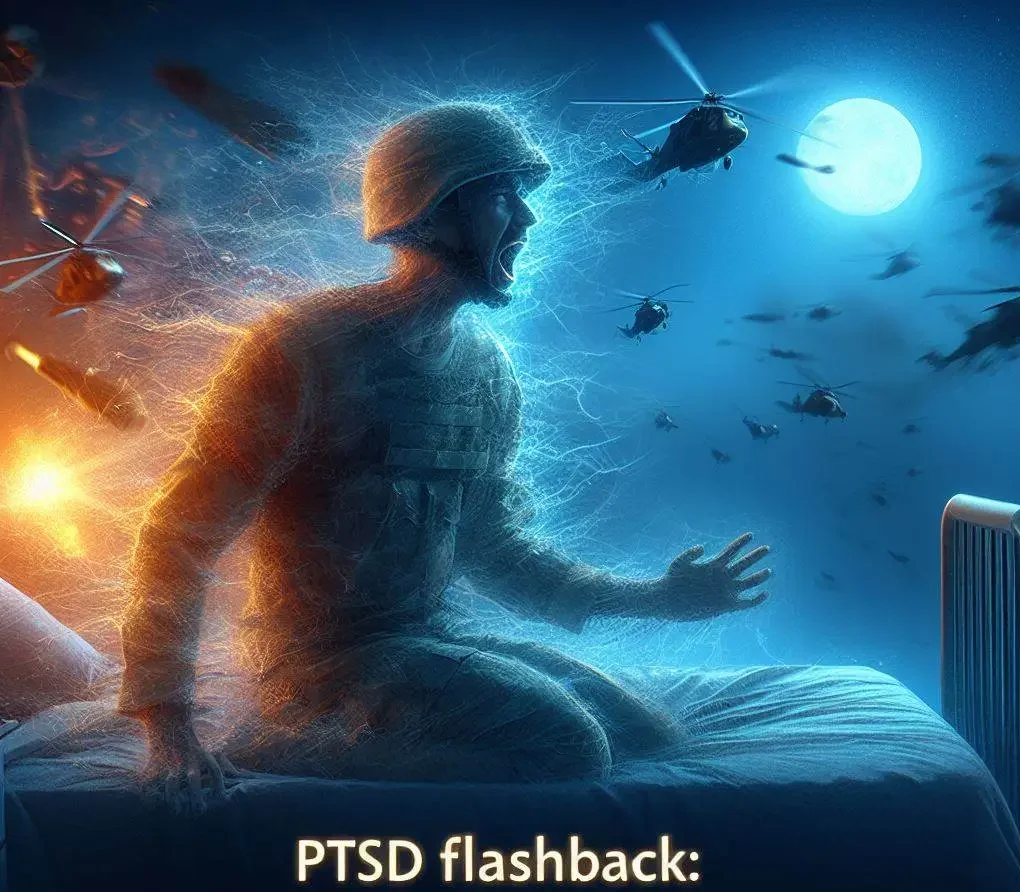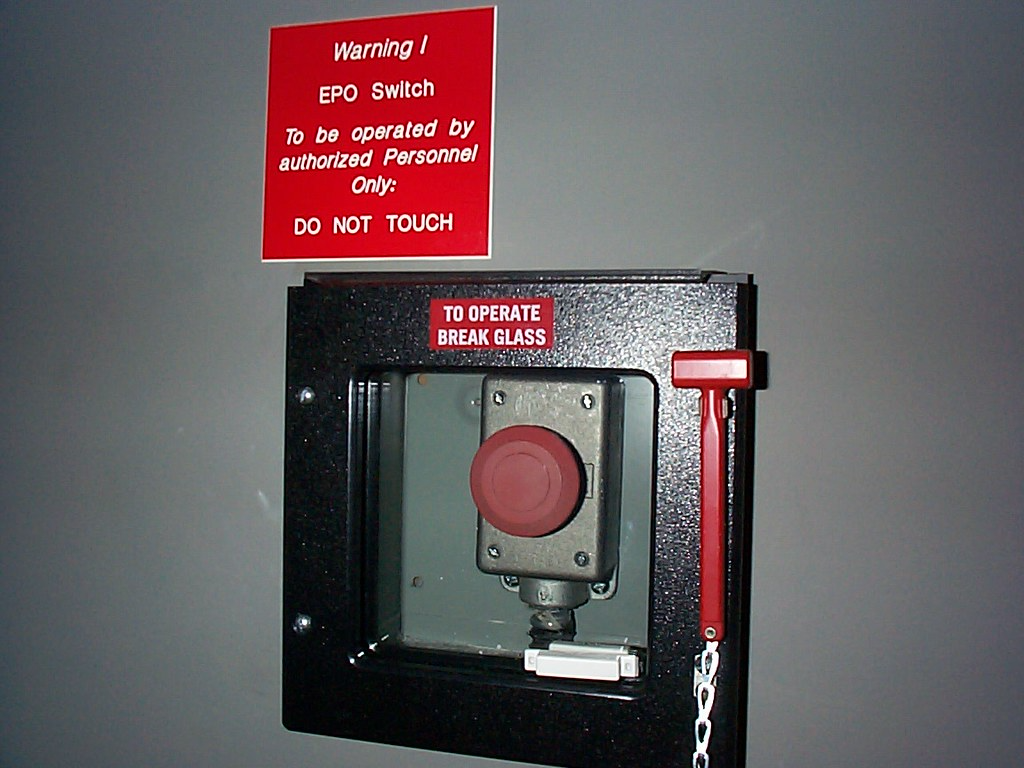
How to Improve Mental Health During War: 5 Practical Tips
War is a brutal experience that can evoke a spectrum of emotions. The psychological impact of war can lead to trauma, inciting fear and anxiety. It’s normal to feel scared, anxious, or sad when situations are dangerous and unpredictable. These emotional responses to war can sometimes rise depression or even PTSD (Post-Traumatic Stress Disorder).
How can war affect mental health?
The after-effects of violence, loss of home, or separation from loved ones can induce feelings of depression or hopelessness. This is a common experience in war and its associated challenges. Data from the National Center for PTSD reveals a significant increase in depression rates among war-affected populations.

Remember, it’s okay to feel down sometimes. Instead of suppressing your feelings, allow yourself to express your emotions to someone you trust. Furthermore, there are mental health resources available for those affected by war.

Warning Signs of Wartime Stress
While it’s normal to feel stressed during war, too much stress can negatively affect your mental health. Be vigilant for symptoms such as trouble sleeping, significant changes in mood or behavior, or difficulty concentrating. If you or someone you care about exhibits these signs, seek professional help immediately.
Self-Care Strategies for Mental Well-Being
War is stressful and can disrupt your routine. However, self-care remains crucial. Strive for adequate sleep, engage in exercise, and consume healthy food if available. Stay connected with loved ones and find relaxing activities within the warzone. These strategies can help maintain your mental well-being. Additionally, social support, relaxation techniques, and mindfulness practices can be beneficial. Here are 5 tips for Tips for coping with stress, anxiety, and depression.
1. Daily Habits: Promoting a Calmer Mind
Start your day with gratitude to foster happiness. Focus on the present moment instead of worrying about the future. Schedule daily relaxation time, such as reading or listening to music. Deep breathing exercises and progressive muscle relaxation can help soothe your mind.
2. Finding Support: You’re Not Alone
Staying connected is vital during war. Communicate with friends or family, join a support group, or reach out to helpful organizations. It’s okay to seek help when needed. Support groups and mental health hotlines are available for war survivors. Do not hesitate to seek psychologist help if necessary.
3. Keeping Life “Normal”: Navigating Chaos
Even during war, maintaining a routine can instill a sense of control. Continue doing things you enjoy, celebrate small victory, and strive to stay positive. Positive coping mechanisms can be beneficial during these challenging times.
4. Helping Children Cope: Nurturing Amidst Fear
Children can also feel scared and stressed during war. Speak to them honestly about the situation, maintain routines, and encourage play and creativity. Understanding children’s experiences during war and maintaining routines can help them cope.
5. Finding Hope: Light in Dark Times
Even when things seem dire, there’s always hope. Look for positive occurrences around you, set small goals, and connect with what’s important to you. Hope can be found in positive news stories, setting goals, and maintaining values.
Resources for War Refugees: Mental Health Matters
If you’re a war refugee, organizations like the UNHCR, International Rescue Committee, and Doctors without Borders offer support and services for mental health. They provide resources for resilience, emotional well-being, and trauma therapy.

In the darkest times, remember that you are not alone. There is always hope, and there are resources available to help you navigate through these challenging times. Whether you’re coping with the stress of war, seeking to maintain a sense of normalcy, or helping children cope, remember that your emotions are valid, and seeking help is a sign of strength. Amidst the chaos, we can find resilience, emotional well-being, and ultimately, the path to healing.








